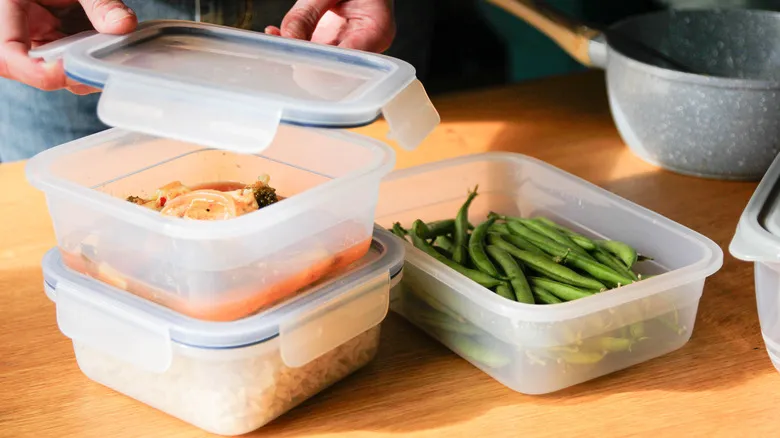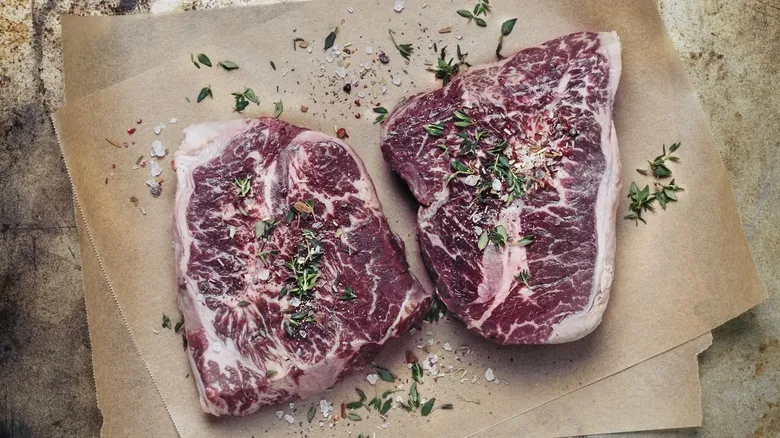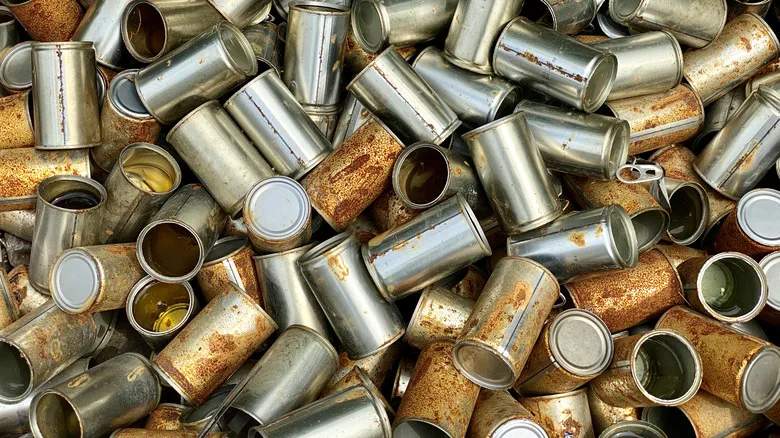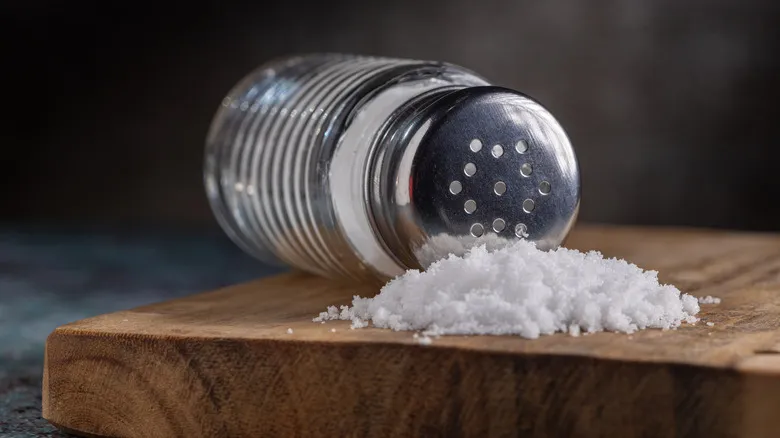Storing salt to preserve its quality

If you've filled your pantry with a variety of high-quality salts, the last thing you want is for them to lose their freshness too quickly. While they won't spoil or make you sick, improper storage over time can diminish their texture and flavor. One major factor to be mindful of is moisture. Even salts that contain anti-caking agents can become clumpy when exposed to humidity, such as when you sprinkle them over a pot of boiling food.
To avoid clumping and maintain quality, consider investing in a salt cellar, like Totally Bamboo's Magnetic Salt Cellar. These containers help keep moisture away from your salt and provide easy access for a quick pinch while cooking. However, if you're using your fingers to add salt directly to a dish, make sure they are thoroughly cleaned and dried to avoid cross-contamination. A better option is to use a small spoon to scoop out the amount you need. Some salt cellars even come with a spoon for this purpose.
If you prefer salt shakers or grinders, they can keep salt fresh for an extended period, but you must be cautious about moisture. For example, shaking salt directly over your cooking can create steam in the shaker, leading to clumping. The same issue can occur with grinders, which may develop a sticky build-up of salt if they become too damp. As long as you keep your salt dry and uncontaminated, its quality can be preserved for years!
Recommended

Banish Lingering Odors From Plastic Containers With One Simple Trick

Why Does Your Steak Look Gray (And Is It Safe To Cook)?

The Simple Trick For Keeping Chilled Appetizers Cold

Is It Safe To Eat Rusted Canned Food?
Next up

